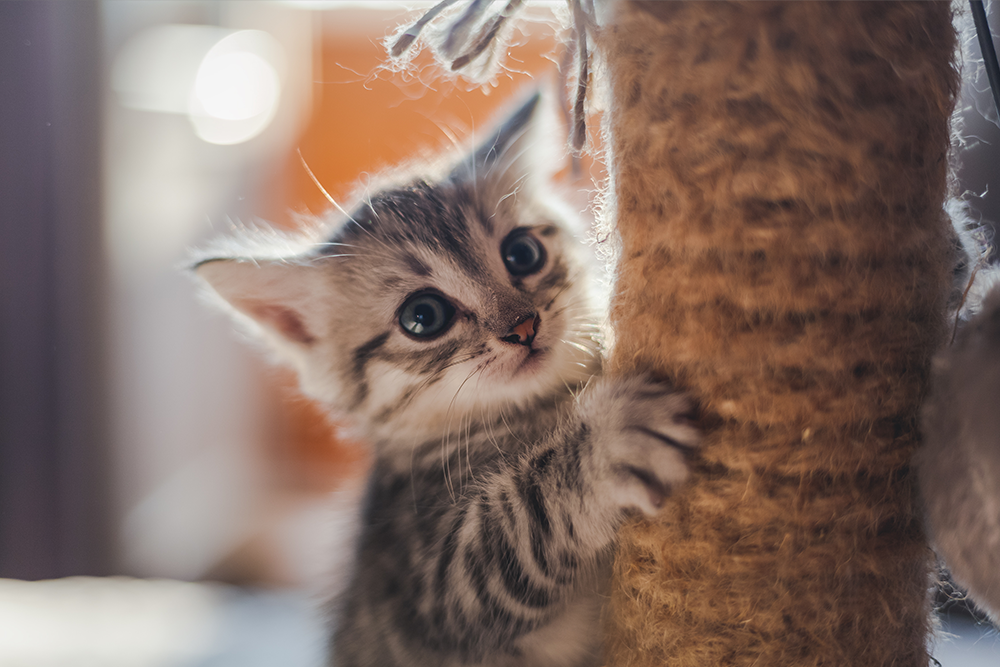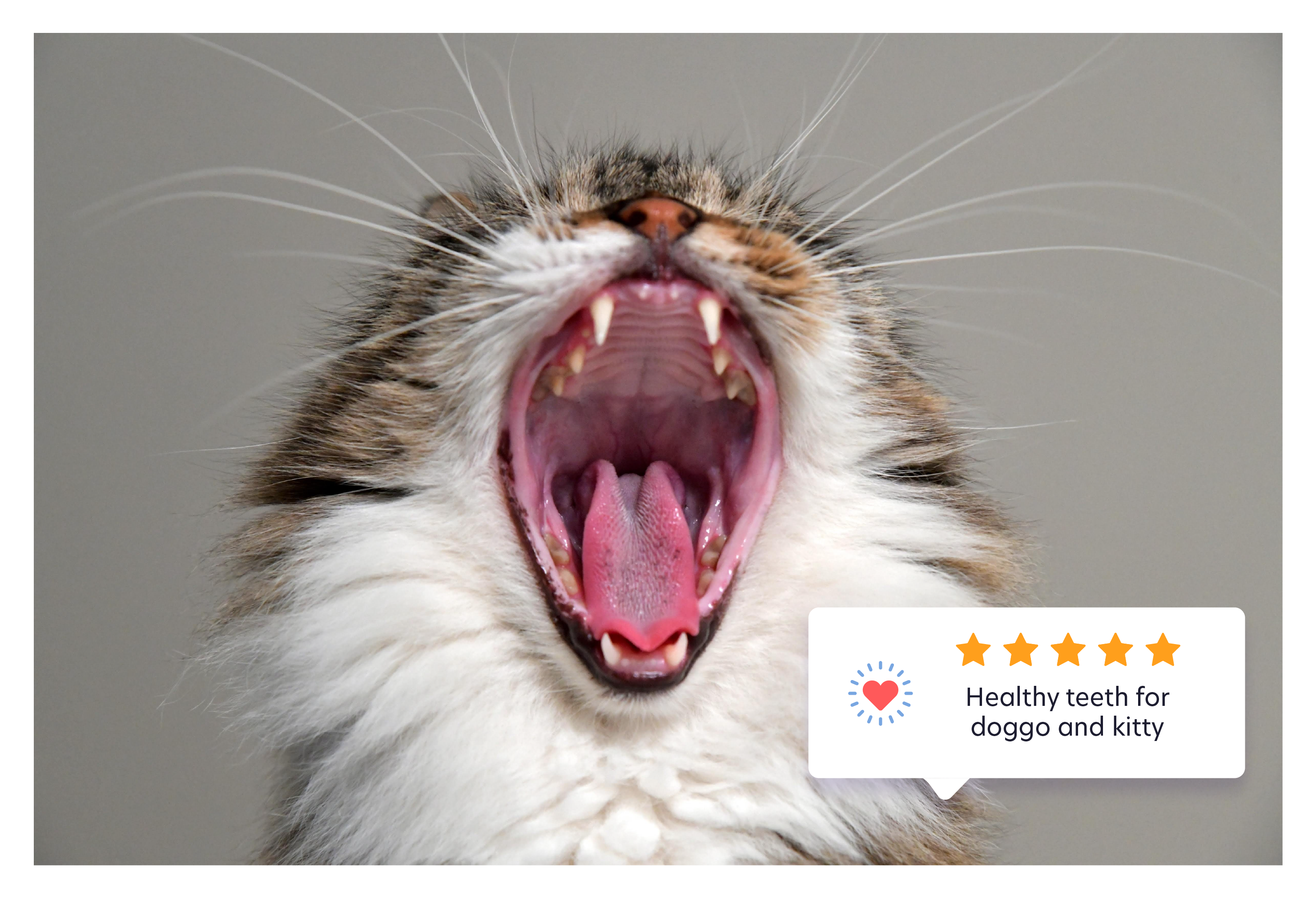
The True Costs of Owning a Bunny
by Amy Smith - 8/5/19
Springtime is upon us, trees are bursting into bloom, and your local pet store or shelter is bursting with baby bunnies. They are irresistibly cute, cuddly and soft, but can you afford to own a pet bunny? Rabbits live an average of 10 years as pets, so (as with any other pet) it makes sense to get practical about the long-term expense of owning a bunny before picking out a little fluff ball of your own.
Your New Bunny
The cheapest option for acquiring a pet bunny is usually an animal rescue. For $5 to $20 you can bring home a rabbit and help reduce rabbit overpopulation and euthanasia of unwanted rabbits. If you decide to buy a bunny at a pet store, you could spend up to $40 for an average rabbit. Show rabbits and rare breeds can cost over $100. The shelter or pet store should inform you whether your new bunny has been spayed or neutered. If not, it’s best to have this procedure performed as soon as possible. You will probably spend between $125 and $250 (females cost more), but it’s worth the expense–both to prevent your rabbit producing more baby bunnies than you can care for, and also to reduce behavior problems that often crop up when the bunny reaches adolescence (around 4 months or slightly older).
House and Home
Before bringing a new bunny home, you will need to set up a place for him to reside. First, decide whether your bunny will live primarily indoors or outdoors. An outdoor rabbit will need a hutch, which can run to $200. An indoor rabbit will need an indoor cage or puppy pen, which can cost from $50 to $100. Line the hutch or cage with bedding, such as shredded paper, newspaper, straw or shredded cardboard. Your bunny’s home will also require a litter box stocked with rabbit-safe litter, as rabbits often nibble on their litter. And then he’ll need food and water bowls ($5 to $10) and a hay rack or feeder, which could be a $30 metal rack or a home-made cardboard arrangement.
Filling Bunny’s Tummy
Once you have bunny safely installed in his new home, your largest ongoing expense will be his feed. Pet rabbits subsist mostly on hay. Quite a variety of hays are available, but many vets recommend using timothy hay primarily. Rabbits can benefit from the addition of rabbit pellets to their diet. These commercially produced feeds are made from hay and include a balance of important nutrients for your bunny’s health. In addition, you should supplement your bunny’s diet with a variety of vegetables and a little fruit. The choices for hay and vegetables can really cause your bunny food budget to vary, but a reasonable average will be around $40 per month.
Ongoing Medical Care
Your most expensive routine medical procedure will be spaying or neutering your new rabbit. Once that’s done, you should consider taking your bunny for a checkup once a year. Rabbits are considered exotic pets, and not every vet has experience caring for them. Do your research to find an experienced bunny doctor. You’ll thank yourself if your bunny ever experiences a medical emergency. You’ll also thank yourself if you’ve put aside a bit of money for an unforeseen medical problem, such as wounds, digestive problems, conjunctivitis or fleas. Having an emergency fund of $1,000 is a great idea if you can manage it before bringing your fluffy new friend home. However, if all budgeting and saving fail to prepare you for a large-scale medical problem, remember that Scratchpay can help you cover the costs of getting your bunny healthy again.
Amy Smith is a writer specializing in family and parenting topics. She teaches English, Latin and music at a private school and lives with her husband and five children on a small homestead in rural Pennsylvania.
References
- https://scratchpay.com/blog/how-to-plan-cost-of-owning-a-cat
- https://www.thesprucepets.com/how-much-does-a-pet-rabbit-cost-to-care-for-1239286
- https://www.petcoach.co/article/spaying-and-neutering/
- https://myhouserabbit.com/new-to-rabbits/how-much-does-a-pet-rabbit-cost/
- https://www.sandiegorabbits.org/lb.php#setup
- https://bunnyapproved.com/rabbit-hay-racks-what-are-the-options/
- https://rabbit.org/faq-diet
- https://myhouserabbit.com/rabbit-health/




.jpg)

.jpg)
























.jpg)
























































.jpg)













